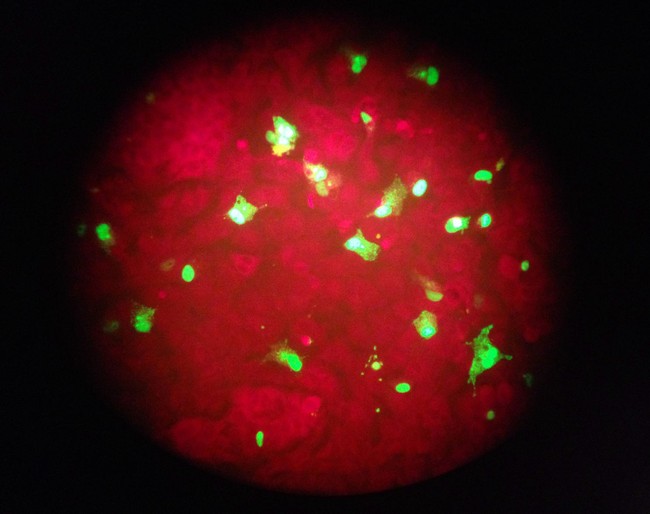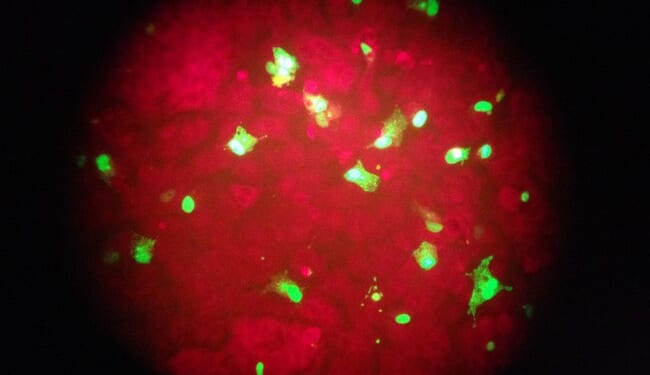
When you hear that a physicist has published a paper regarding a study of SARS-CoV-2 (a more virulent form of the virus that caused the COVID pandemic), you might expect to learn something about transmission rates or potential vaccines. But that’s not the case with Dr Melvin Vopson of the University of Portland. He’s been studying the virus from a perspective of “information entropy.” What he claims to have discovered is pretty amazing. For one thing, he feels that the way the virus mutates and evolves could suggest that we’re all living in a simulated universe. And even if we’re not, his work suggests that our current understanding of the theory of evolution may be wrong because not all genetic mutations that occur naturally are entirely random. You might want to break out some recreational psychedelics to read through his work. (IFL Science)
A physicist studying mutations of the SARS-CoV-2 virus claims to have found evidence for a new law of physics termed the “second law of Infodynamics”, and that it could indicate we are living in a simulated universe. On top of that, he suggests the study appears to imply that the theory of evolution is incorrect, with mutations not being entirely random.
There’s a lot to unpack here. The first thing to say is that extraordinary claims require extraordinary evidence, and so far – as Dr Melvin Vopson explains in his work – we do not have that at all. In fact, we aren’t even close. However, the ideas and results presented are intriguing and interesting, even if further study or scrutiny proves them incorrect.
In his latest study, Vopson looked at mutations in the SARS-CoV-2 virus from an information entropy (a term distinct from usual entropy) perspective.
Some of the science and the mathematics involved in this theory can be rather hard to follow if you’re not a physicist. I know I struggled with it for a while this week simply trying to grasp the general gist of it all. Dr. Vopson is looking at the various states of matter in any system and how they evolve. He chose the SARS-CoV-2 virus because it evolves so rapidly and in so many different ways. But if I’m following him correctly, one of the more remarkable results of this study involved the efficiency of the virus.
Mutations of a virus are understood to be caused by collisions with cosmic rays. At least in theory, those types of mutations should be entirely random. Most random changes to a living system will result in a fatal flaw so those new mutations wouldn’t be passed along. Every once in a while, however, a mutation will result in a stronger or at least different, viable strain that will go on to spread if it’s able to. But that isn’t what was observed in SARS. Virtually every mutation was viable, almost as if the system knew in advance what changes would result in improvements. That shouldn’t happen unless it was somehow programmed in advance to behave that way.
This idea would similarly impact the entire concept of natural evolution. Plants and animals do evolve over time, but it has always been assumed that the changes were natural and random. If the system contains some method of “knowing” how a given mutation will work out, however, we have to wonder what the underlying “operating system” is doing.
So what do you think? Could this all possibly be a simulation? I’ve found the concept fascinating ever since I first heard about it. (You can read a good summary of it here.) I’ve never believed it was actually practical, but looking around the world today I’m beginning to wonder. It feels as if the world is going crazy or being turned on its head. We have crowds of people insisting that men should be allowed in women’s bathrooms and can even turn into women. The concept of law and order or paying for your purchases when you go to the store is old-fashioned. People are sacrificing themselves to some climate goddess while traditional churches are collapsing. Maybe this is a simulation and the simulation is simply breaking down.












